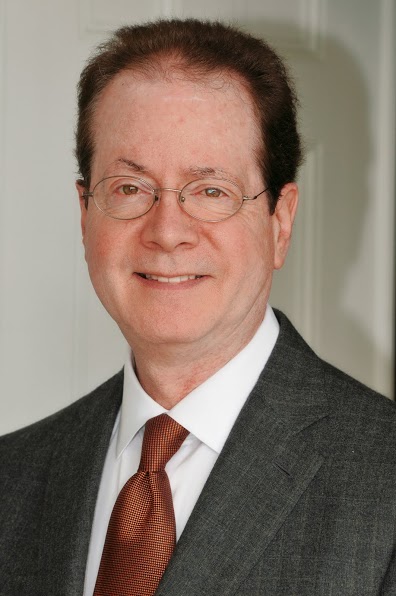main content Sharing What We Know
Open gallery

President’s Letter
Consider these four scenarios:
- You before a national conference, delivering your groundbreaking research.
- You with prospective investors, making your case on why your enterprise deserves their backing.
- You teaching math in a classroom of sixth graders, solving problems with an array of tools rather than rote formulas.
- You before a court, delivering the opening statement on behalf of your client.
Which setting requires you to possess confidence and strong powers of persuasion? All of the above, of course.
At Lewis & Clark, our undergraduate college, graduate school, and law school have long focused on developing superb communication and advocacy skills. Such skills are critical components of the liberal arts, certainly, but equally so to participation in civic life and to getting things done in the world. You can’t accomplish what you can’t explain.
And you can’t explain what you don’t know. Successful advocacy is more than presenting facts and coupling arguments into a solid train of logic. It is the outcome of diligent preparation—hard work that is the foundation for excellence.
Last spring, then-seniors McKay Campbell and Emily Halter bested teams from 55 other schools to win the national championship in parliamentary debate. Investing countless hours preparing to argue either side of 18 complex topics, McKay and Emily stood on solid platforms of their own construction. Our classrooms, filled with robust give-and-take between professors and students, host their own versions of such persuasive advocacy every day.
Our impact also reaches beyond Palatine Hill. In Portland, our advocacy for the arts as a public good enriches the city’s cultural offerings. As described in our story about Oregon Volunteer Lawyers for the Arts, for example, Portland’s young creatives now have an affordable legal resource for counsel and advice on such matters as contracts and copyrights, thanks in part to Sean Clancy JD ’14 and Professor Lydia Loren.
And superb advocacy can also become transformative action. Witness our story about Roger Ferland BA ’68. Severely injured during the Vietnam War, he was recently honored as the 2014 Outstanding Disabled Veteran of the Year for establishing clinics providing pro bono legal services to veterans.
Gathering and analyzing data, marshaling facts, and presenting conclusions in clear and compelling language: these are touchstones of the liberal arts and the work of each of our schools. They are also essential to the civil exchange of knowledge that is a hallmark of a well-functioning society.
At Lewis & Clark, sharing our knowledge is just one of many ways we are always pioneering.

Barry Glassner
President
More L&C Magazine Stories
L&C Magazine is located in McAfee on the Undergraduate Campus.
MSC: 19
email magazine@lclark.edu
voice 503-768-7970
fax 503-768-7969
The L&C Magazine staff welcomes letters and emails from readers about topics covered in the magazine. Correspondence must include your name and location and may be edited.
L&C Magazine
Lewis & Clark
615 S. Palatine Hill Road
Portland OR 97219

